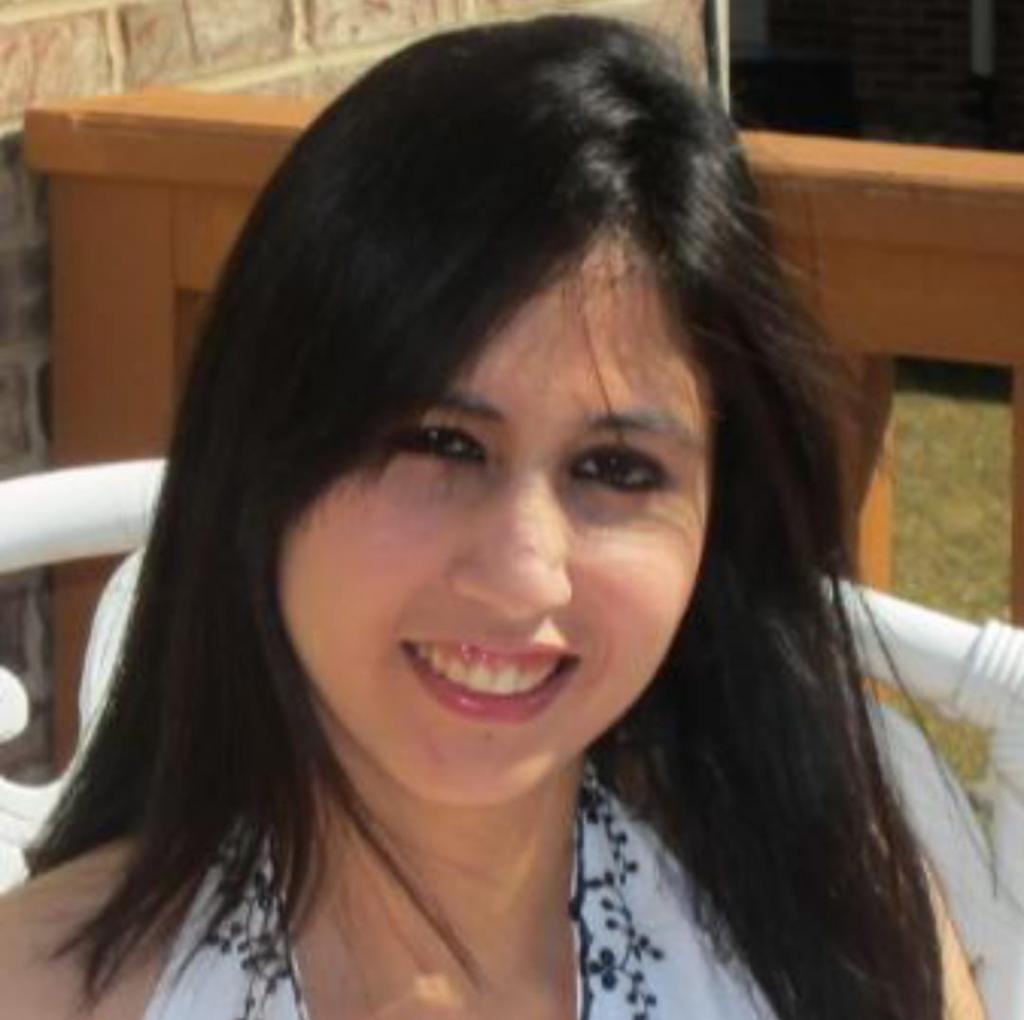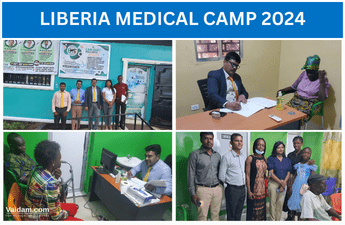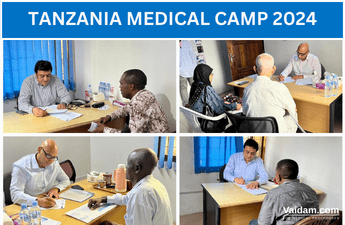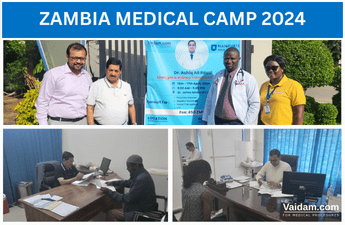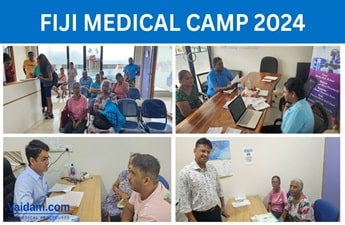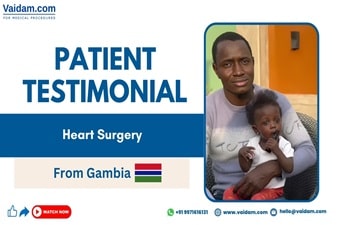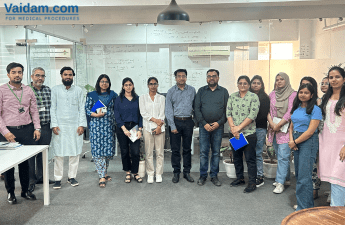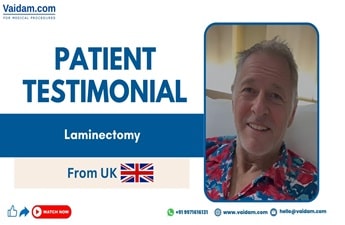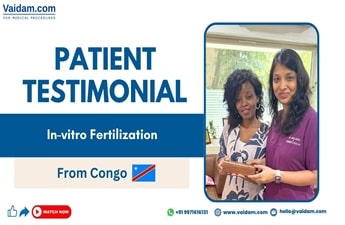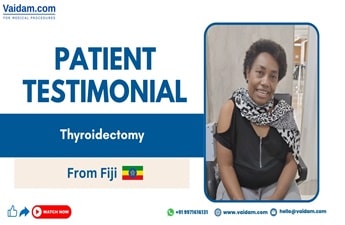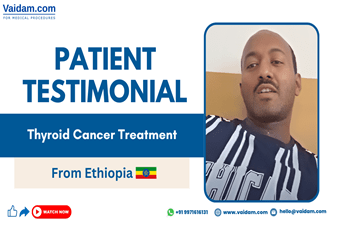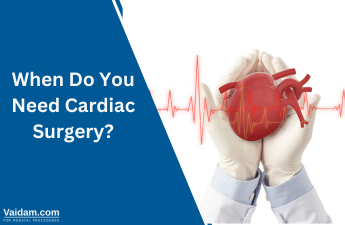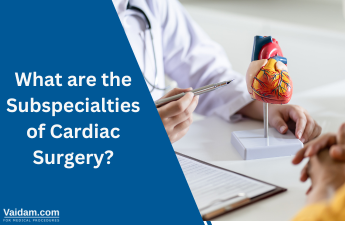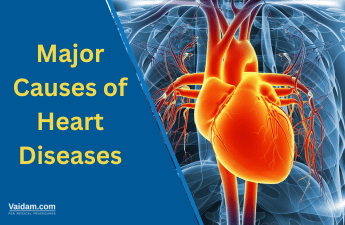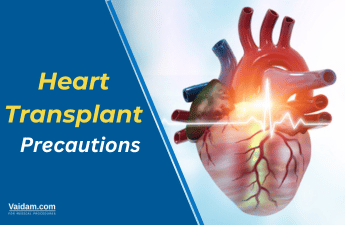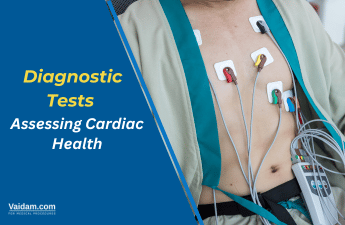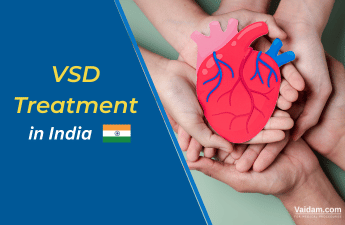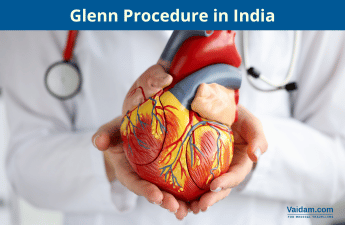Alfred Charles Poey is a Cardiac Surgeon with over 30 years of experience. Adult Cardiac Surgery and Coronary Artery Bypass Grafting are among his specialities. Dr Alfred Charles Poey speaks English, Malay, and Hokkien fluently. he is registered with 124312 (National Specialist Register of Malaysia,2007), and 21988 (Malaysian Medical Council, 1977). He is presently associate with Pantai Hospital Penang in Malaysia.
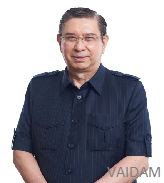
He received his MBBS from the University of Madras in 1975 as well as his FRCS in 1981 from the Royal College of Physicians and Surgeons of Glasgow in the United Kingdom, and in 1984 from the Royal College of Surgeons of Edinburgh in the United Kingdom. He has several years of expertise working as a Consultant at Pantai Hospital Penang in Malaysia.
List of treatment provided by Dr Poey
- Neonatal and Infant cardiac surgeries
- Complex congenital heart surgeries
- Aortic Valve Repair
- Mitral Valve Repair
- Heart Surgery
- Valve Repair Replacement
- Atrial Fibrillation Surgery
- Heart Bypass - Minimally Invasive CABG
- Peripheral Angiogram
- Angiography
- Angioplasty - 2 Stent
- Cardiac ablation
What does a Cardiothoracic Surgeon do?
A cardiothoracic surgeon is a surgeon who focuses on the heart, lungs, and other organs of the thoracic (chest) cavity. They detect and treat disorders of these organs in addition to doing surgery. Cardiothoracic surgery is one of the most difficult and demanding surgical specialities. It's also quite competitive, given the limited amount of positions available. Because illnesses of the chest are a leading source of illness and death across the world, the job is very rewarding. Keeping an eye on patients in critical care is an important component of the job. Even though cardiothoracic surgery is usually safe, complications such as mortality, stroke, infection, haemorrhage, and heart rhythm issues can occur. Cardiothoracic surgeons are involved in the treatment and management of a variety of diseases within their speciality in addition to conducting surgery. Attendance at outpatient clinics, multidisciplinary team meetings, and ward rounds are all part of this.
Know about Coronary Artery Bypass Grafting
Coronary artery bypass surgery (also known as coronary artery bypass grafting or CABG) is a procedure used to treat individuals suffering from coronary artery disease. The narrowing or blockage of one or more of the coronary arteries that provide oxygen-rich blood to the heart is known as coronary artery disease (CAD). It is common for three or four coronary arteries to be bypassed during surgery. By constructing a "detour" (bypass) around the blocked artery/arteries, coronary artery bypass surgery restores normal blood flow to the heart. This is accomplished by utilising a graft, which is a healthy blood artery. Grafts are generally taken from arteries and veins in the chest, leg, or arm. The transplant sets up a new route for oxygen-rich blood to reach the heart.
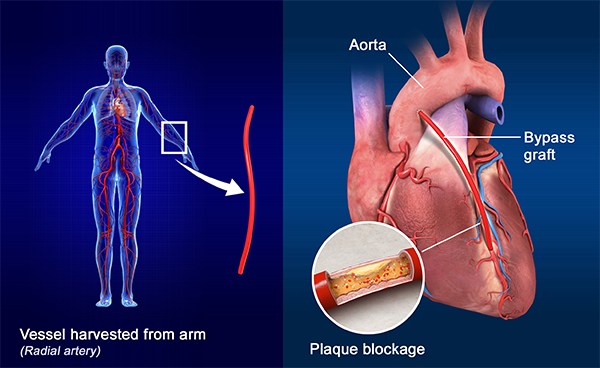
Types of Coronary Artery Bypass Grafting
- Traditional Coronary Artery Bypass Grafting
The most frequent form of coronary artery bypass grafting is this one (CABG). When at least one major artery must be bypassed, this procedure is utilised.
The chest bone is opened to gain access to the heart during surgery. During surgery, medications are administered to halt the heart, and a heart-lung bypass machine is utilised to keep blood and oxygen flowing throughout the body. This enables the surgeon to operate on a motionless heart.
Blood flow to the heart is restored following surgery. The heart usually begins to beat again on its own. To restart the heart, modest electric shocks are sometimes utilised.
-
Minimally Invasive Direct Coronary Artery Bypass Grafting
Single and double bypasses may now be done with a single, 3-5 inch incision or many smaller incisions in the chest between the ribs, thanks to advancements in surgical equipment and technique. In contrast, open surgery requires a huge 12-inch incision to split the sternum. The most notable distinction in the method is that during minimally invasive surgery, the heart does not cease beating. This creates a problem since the transplanted artery must be sutured into position. A specific mechanical stabiliser is utilised to aid ease the procedure by dampening movement in the region of the heart that is being operated on.
Shorter hospital stays, less blood loss, less discomfort, a decreased chance of infection, and a speedier recovery are all advantages of minimally invasive surgery. In two to three weeks, patients are usually back to regular activities. The outcomes are comparable to those obtained with conventional open CABG.
- Off-Pump Coronary Artery Bypass Grafting
This type of CABG is similar to traditional CABG because the chest bone is opened to reach the heart, this form of CABG is comparable to standard CABG. The heart isn't halted, and there's no need for a heart-lung bypass system. Beating heart bypass grafting is another name for off-pump CABG.
How do you get ready for coronary artery bypass surgery?
Blood tests, chest X-rays, and an electrocardiogram will all be performed before your operation (EKG). An X-ray technique known as coronary angiography may be performed by a doctor. It shows how blood flows via your arteries using a particular dye. The doctor will also inform you whether any dietary or lifestyle modifications, as well as any medication changes, are required before surgery. Also, inform the doctor about any vitamins or supplements you're taking, even if they're natural, in case they're affecting your bleeding risk. You'll also need to make plans for your post-surgery recovery.
After Coronary Artery Bypass Grafting, What Should You Expect?
You'll usually stay one or two days in an intensive care unit after surgery (ICU). During this period, your heart rate, blood pressure, and oxygen levels will be monitored regularly. A vein in your arm will most likely be implanted with an intravenous line (IV). Medicines that regulate blood circulation and blood pressure may be administered through an IV line. You'll probably have a tube in your bladder to drain pee and a tube in your chest to empty fluid. While in the ICU, you may receive oxygen treatment (oxygen delivered through nasal prongs or a mask) and a temporary pacemaker. A pacemaker is a tiny device that is implanted in the chest or belly to assist in the regulation of irregular cardiac beats.
While in the ICU, you may receive oxygen treatment (oxygen delivered through nasal prongs or a mask) and a temporary pacemaker. A pacemaker is a tiny device that is implanted in the chest or belly to assist in the regulation of irregular cardiac beats. Compression stockings for your legs may also be recommended by your doctor. These stockings are tight at the ankle and loosen as they progress up the leg. This exerts a slight upward pressure on the leg. Blood does not pool or clot because of the pressure.
You'll have bandages on your chest incision (cut) and the regions where an artery or vein was taken for grafting while in the ICU.
You'll be transferred to a less intensive care part of the hospital for 3 to 5 days after leaving the ICU before returning home.
Recovery at home
It's a slow and steady process. You may feel even worse soon after surgery than you did before. For a few weeks following the operation, you may not feel hungry and may even be constipated. While you're in the hospital, you could have difficulties sleeping. You may have swelling in your leg if the surgeon removes a healthy vein from your leg. This is very normal.
Your body will take some time to heal, but you will feel better every day. After surgery, it will take around 2 months for your body to feel better.
During the first several months, you'll see your doctor numerous times to monitor your development. If your symptoms don't improve or you're feeling worse, contact them.
You'll have to ease your way back in. The following are some examples of common plans:
- Driving: Usually 4 to 6 weeks, but be sure you have regained your attention before getting behind the wheel.
- Housework: Take it easy. Start with the small activities you enjoy doing and enlist the aid of your family for the hard lifting while you heal.
- Work: Aside from the physical demands of your profession, you'll need to regain your attention and confidence. After around 6 weeks, most people are ready to return to light duty. After around 3 months, you should be back to full vigour.
- Exercise: Cardiac rehabilitation may be recommended by your doctor. It's a medically supervised workout regimen that's tailored to your needs. It also offers lifestyle instruction, which may include nutrition assistance. After you've finished the programme, you can build up to whatever degree of fitness you're comfortable with.
- Sex: You should be physically ready to leave in approximately three weeks in most situations. However, following your operation, you may lose interest in sex for a while, so it might take up to three months before you're ready to be intimate again.
Dr Alfred Charles Poey is the most trustworthy and best Cardiac Surgeon in Penang, Malaysia. He has helped thousands of patients and made a significant difference in their lives. His commitment and knowledge aided the patients in making the best decision possible. He works in Pantai Hospital Penang, one of Malaysia's premier hospitals.

